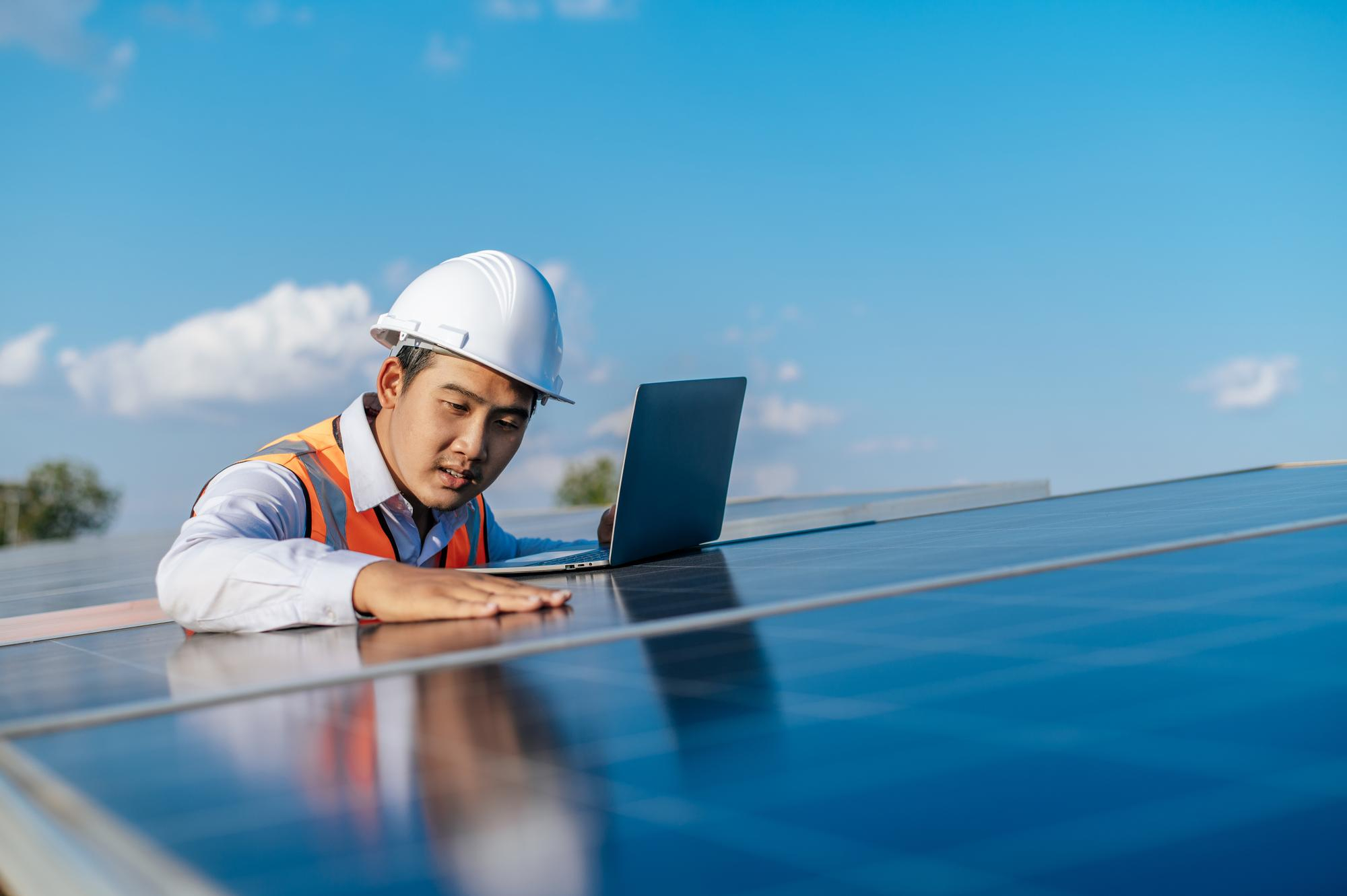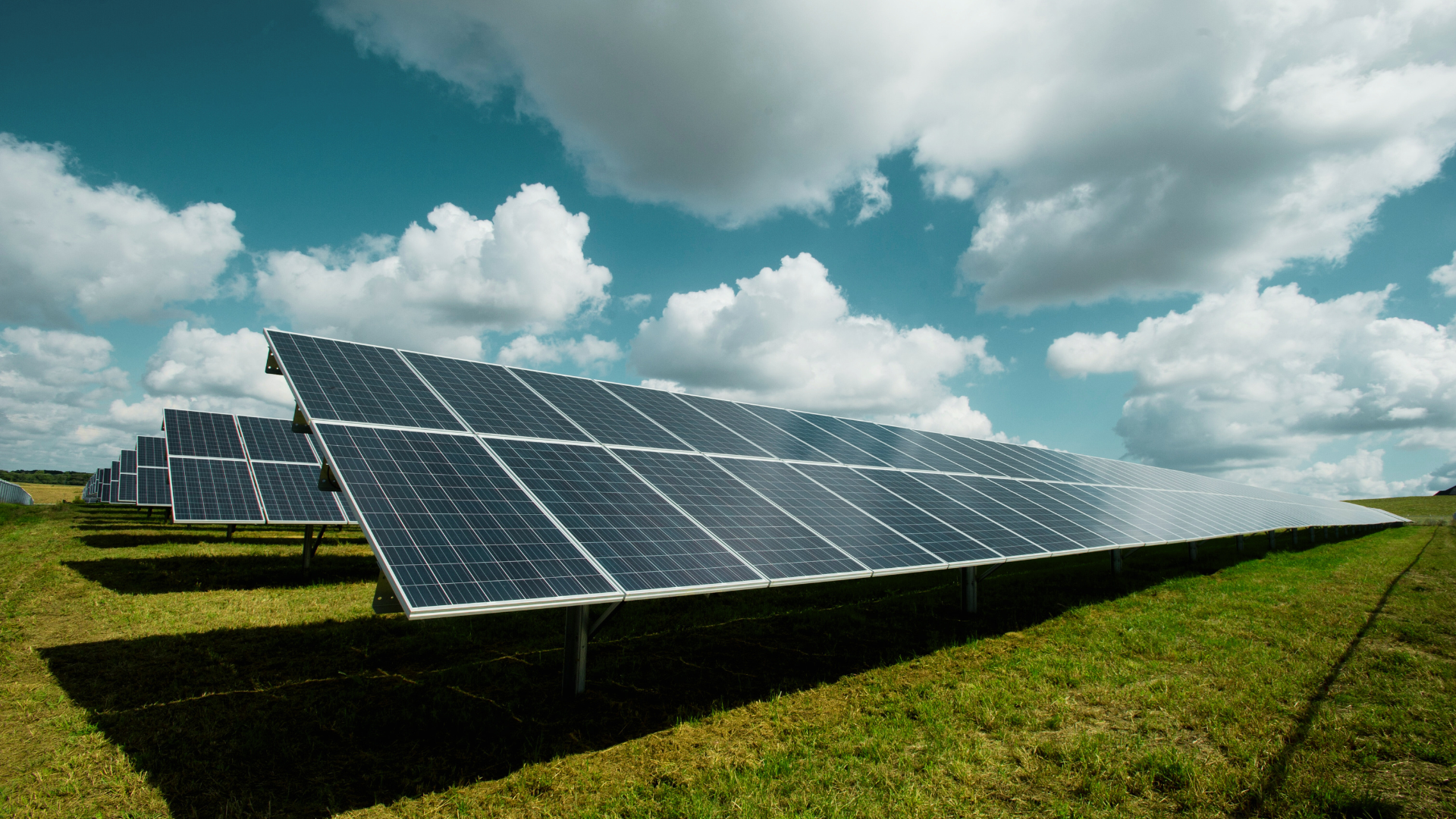Solar energy is a clean and sustainable source of power that is gaining popularity in India. With the increasing awareness of environmental issues and the rising cost of traditional energy sources, many homeowners and businesses are considering installing solar panels to meet their energy needs. However, one common question arises: What is the best time to install solar panels? In this blog, we will explore the factors determining the ideal time for solar panel installation and the benefits of choosing the right timing.
Solar Panel Design and Performance
Solar panels capture sunlight and convert it into usable electricity. The efficiency and performance of solar panels depend on various factors, including the angle of the sun, the intensity of sunlight, and the duration of sunlight exposure, which can help determine the best time for solar panel installation.
Time of the Day Solar Panels Work Best
Solar panels work most efficiently when they receive direct sunlight. Therefore, the best time for solar panels to operate optimally is during daylight hours when the sun is at its highest point. Typically, solar panels generate the most electricity during the midday hours when the sun is directly overhead, resulting in higher energy production.
Number of Hours a Solar Panel Works Each Day
The number of hours a solar panel works daily depends on the location, time of year, and weather conditions. In India, the average solar panel can work about 4 to 6 hours per day. However, this duration may vary depending on cloud cover, pollution levels, and shading from surrounding buildings or trees.
Working in Morning Hours
While solar panels generate maximum electricity during the midday hours, they still produce a significant amount of power during the morning. The sun’s angle gradually increases, allowing the panels to capture sunlight efficiently. Installing solar panels in the morning can take advantage of this early sunlight and maximise energy production throughout the day.
Working During the Night
Solar panels do not generate electricity at night since no sunlight is available. However, solar panels are still effective during nighttime hours. Many solar installations are connected to the grid. They can export excess energy generated during the day back to the power grid, which can offset the energy consumed by the grid during nighttime hours.
Orientation
The orientation of solar panels plays a crucial role in their performance. In India, solar panels should ideally be oriented towards the south to maximise exposure to sunlight throughout the day. South-facing panels receive the most sunlight, followed by east and west-facing panels. North-facing panels receive the least sunlight and are not recommended for optimal energy production.
Save Money
Installing solar panels at the right time can help save money in the long run. By generating your own electricity, you can reduce your reliance on the grid and lower your monthly electricity bills. Additionally, government incentives and subsidies for solar installations may be available, further reducing the upfront costs and making solar energy more affordable.
Faster Solar Panel Installation
Good weather conditions or the dry season allow for quicker completion of solar panel installations. Contractors and installers may have more availability and shorter lead times during these favourable periods, ensuring a faster installation process.
Beat the Heat
Installing solar panels before the summer season can help you beat the heat and reduce your dependence on air conditioning. Solar panels absorb sunlight and convert it into electricity, reducing the need for conventional cooling methods and saving energy costs during hot summer months.
Going Solar is Easier Than You Think
Installing solar panels is a relatively straightforward process. You can receive expert guidance on system design, financing options, and installation procedures by consulting with a reputable solar installation company, which will assess your energy needs, analyse your property’s solar potential, and provide customised solutions to meet your requirements.
Conclusion
The best time to install solar panels is when you are ready to embrace clean energy and take control of your electricity consumption. By considering factors such as solar panel design and performance, orientation, and the hours of sunlight available, you can make an informed decision about the best time for solar panel installation.
With Electronica Finance Limited’s Surya Shakti rooftop solar loan, organisations can purchase and install their solar power systems and repay the loan over a set period, making going solar more affordable and accessible. MSMEs and other organisations can significantly reduce their energy costs while contributing to a cleaner and greener future by opting for a rooftop solar loan from Electronica Finance Limited.


